Profile: Who is Ebrahim Raisi, Iran’s next president?
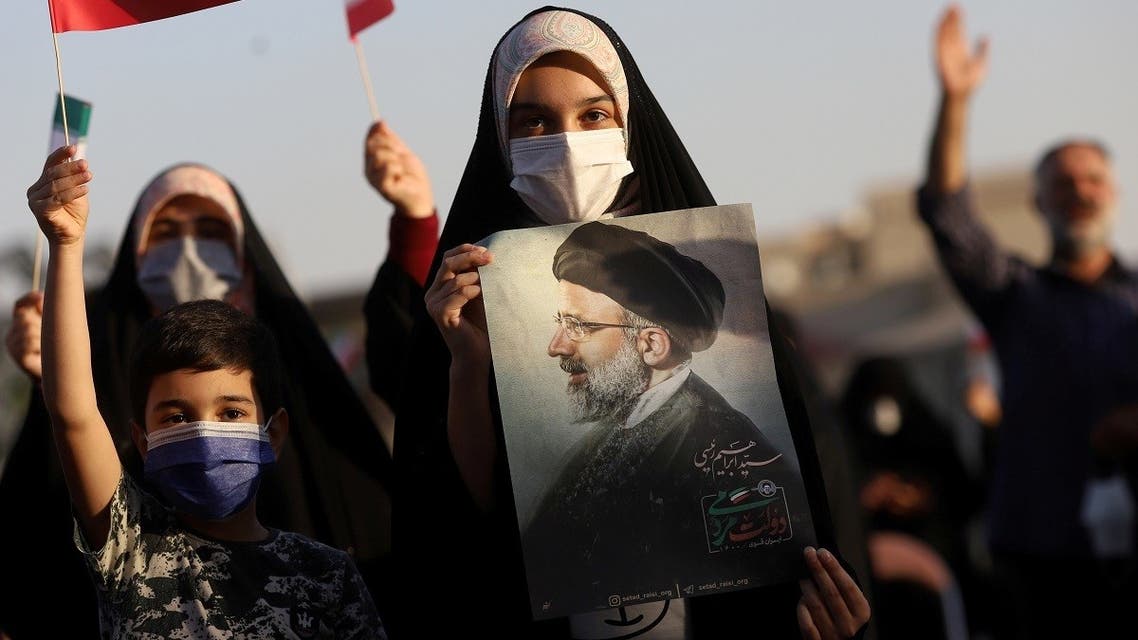
A supporter of Ebrahim Raisi displays his portrait during a celebratory rally for his presidential election victory in Tehran, Iran June 19, 2021. (Reuters)
Yaghoub Fazeli, Al Arabiya English
THE SAUDI VIEW
Published: 20 June ,2021
Ultraconservative cleric Ebrahim Raisi won Iran’s presidential election with 61.95 percent of the votes in an election that saw the lowest turnout in the history of the Islamic Republic.
The interior ministry announced the result on Saturday, saying voter turnout was at 48.8 percent, the lowest turnout for a presidential election in the history of the Islamic Republic. Raisi garnered close to 18 million votes.
The senior judge will leave his current post as head of the judiciary in early August to replace President Hassan Rouhani.
With all serious rivals barred from running by the Guardian Council – an unelected body that answers to the supreme leader only – his victory came as no surprise.
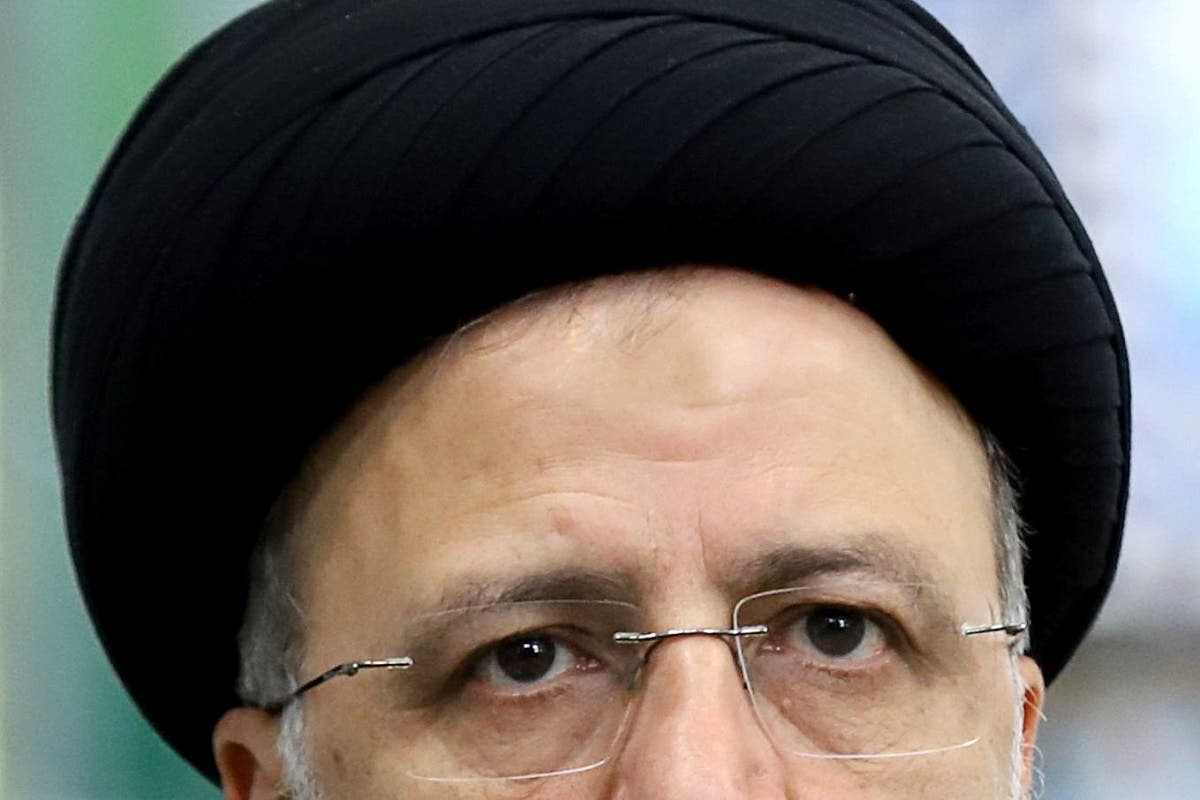
Ebrahim Raisi looks on at a polling station during presidential elections in Tehran, Iran June 18, 2021. (Reuters)
“For Iranians, the contest was yet another indicator of the irreconcilable chasm that exists between the state and society in their country. The lackluster turnout cannot be divorced from the past three years of nationalist protest in the country,” Behnam Ben Taleblu, an Iran expert and senior fellow at the Foundation for Defense of Democracies,
Published: 20 June ,2021
Ultraconservative cleric Ebrahim Raisi won Iran’s presidential election with 61.95 percent of the votes in an election that saw the lowest turnout in the history of the Islamic Republic.
The interior ministry announced the result on Saturday, saying voter turnout was at 48.8 percent, the lowest turnout for a presidential election in the history of the Islamic Republic. Raisi garnered close to 18 million votes.
The senior judge will leave his current post as head of the judiciary in early August to replace President Hassan Rouhani.
With all serious rivals barred from running by the Guardian Council – an unelected body that answers to the supreme leader only – his victory came as no surprise.

Ebrahim Raisi looks on at a polling station during presidential elections in Tehran, Iran June 18, 2021. (Reuters)
“For Iranians, the contest was yet another indicator of the irreconcilable chasm that exists between the state and society in their country. The lackluster turnout cannot be divorced from the past three years of nationalist protest in the country,” Behnam Ben Taleblu, an Iran expert and senior fellow at the Foundation for Defense of Democracies,
https://www.fdd.org/ told Al Arabiya English.
Who is Ebrahim Raisi?
Raisi was born in 1960 in the northeastern city of Mashhad into a religious family.
He received a doctorate degree in law and jurisprudence from Mottahari University in Tehran, according to his campaign website.
Raisi has been a key figure in Iran’s judiciary since the early 1980s.
In 1981, when he was 20 years old, Raisi was appointed the prosecutor of the city of Karaj near Tehran. Two years later, he was appointed the prosecutor of Hamedan – a city over 180 miles away from Karaj – while keeping his job as prosecutor of Karaj.
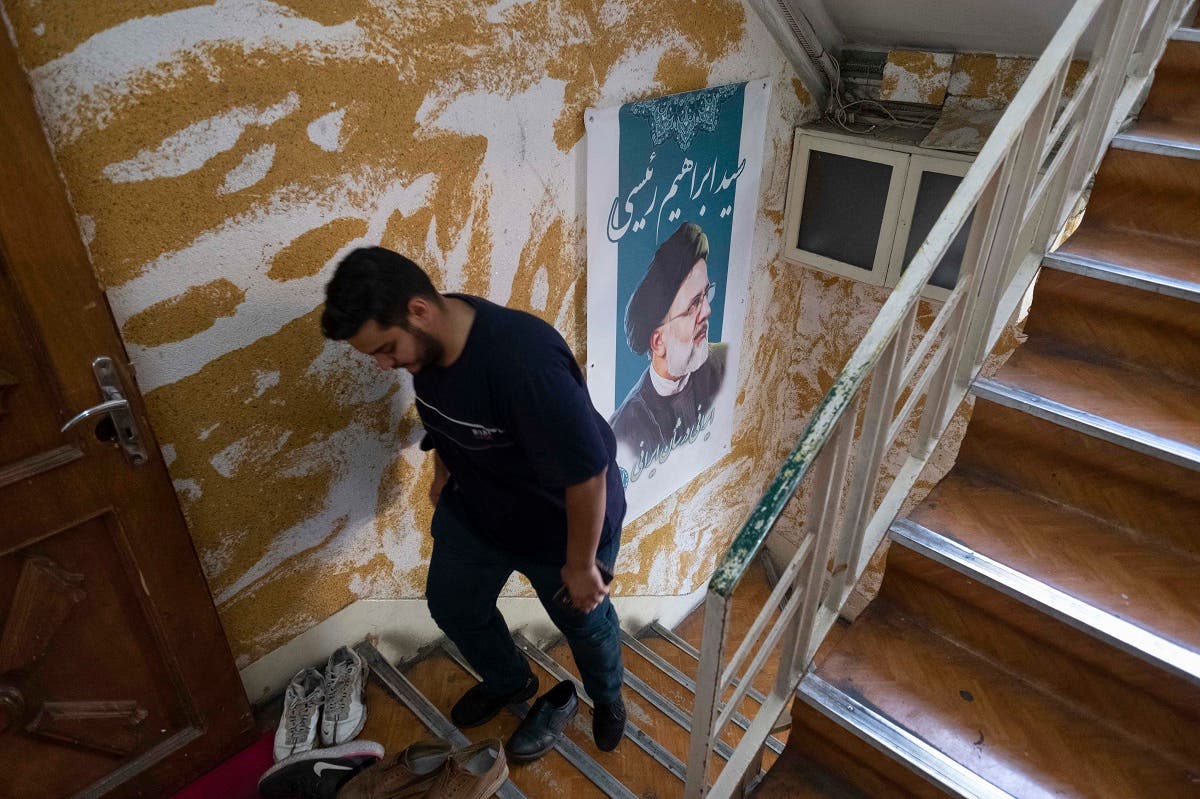
A supporter of Iranian President-elect Ebrahim Raisi walks past a Raisi poster at one of his campaign offices in Tehran on June 19, 2021. (AFP)
He served as the prosecutor of both cities simultaneously for several months until he was promoted to prosecutor of Hamedan province.
In 1985, Raisi moved to the capital Tehran, where he served as deputy prosecutor.
Other senior positions Raisi served in include deputy chief justice from 2004 until 2014, and attorney-general from 2014 until 2016.
1988 mass executions
Raisi’s name is tied to Iran’s mass execution of political prisoners in 1988, when he was allegedly a leading member of what came to be known as the “death committee,” a group of Iranian judiciary and intelligence officials put together by then-Supreme Leader Ruhollah Khomeini to oversee the mass execution of thousands of political prisoners at the time.
Most of the victims were leftist activists and members of the dissident group Mojahedin-e Khalq (MEK). Rights groups estimate that as many as 5,000 people were executed, while MEK puts the number at 30,000 without offering evidence to support their claim.
Iran has never fully acknowledged the executions, and Raisi himself has never publicly addressed the allegations against him.
MIDDLE EASTIsrael says Iran’s new President Raisi extreme, committed to nuclear program
In 2019, the United States sanctioned Raisi for human rights abuses, including the 1980s executions.
Rights group Amnesty International said on Saturday Raisi must be investigated for crimes against humanity.
“That Ebrahim Raisi has risen to the presidency instead of being investigated for the crimes against humanity of murder, enforced disappearance and torture, is a grim reminder that impunity reigns supreme in Iran,” Amnesty Secretary General Agnès Callamard said in a statement.
Rise since 2016
While he has been a key figure in Iran’s judiciary for decades, Raisi is a fairly new player in the Islamic Republic’s political arena.
Raisi owes his prominence today to a campaign – seemingly being driven by the highest centers of power in Iran – that has aimed over the past six or so years to portray him as a humble, anti-corruption, and no-nonsense figure.
In 2016, Supreme Leader Ali Khamenei appointed Raisi as the custodian of Astan-e Qods-e Razavi, a multi-billion dollar religious conglomerate encompassing businesses and endowments that oversees the holy Shia shrine of Imam Reza in Mashhad, the home city of both Khamenei and Raisi.
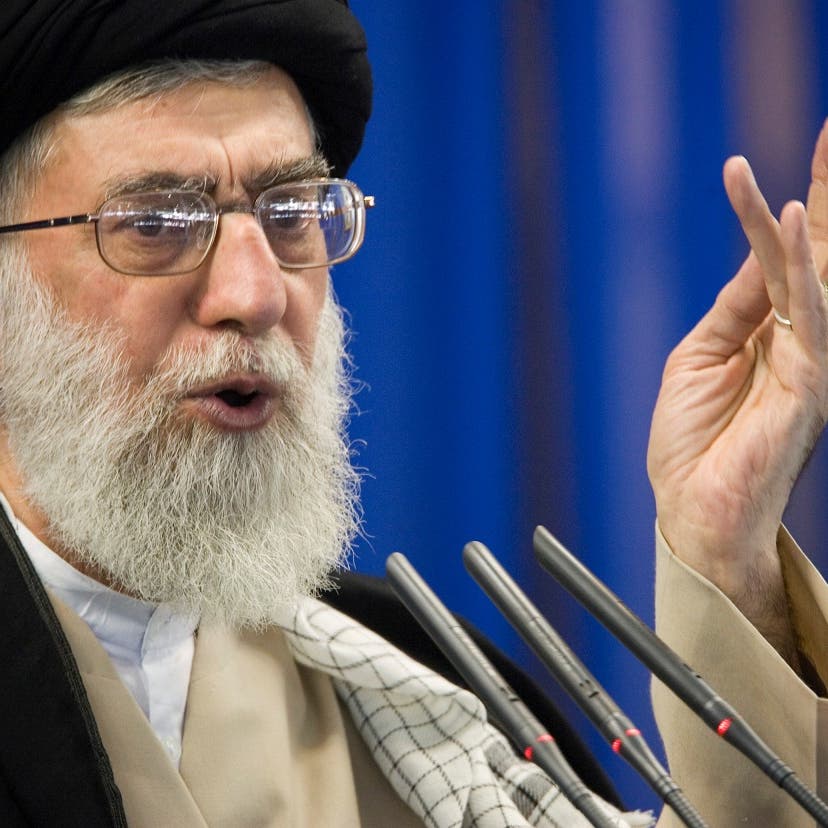
In 2019, the United States sanctioned Raisi for human rights abuses, including the 1980s executions.
Rights group Amnesty International said on Saturday Raisi must be investigated for crimes against humanity.
“That Ebrahim Raisi has risen to the presidency instead of being investigated for the crimes against humanity of murder, enforced disappearance and torture, is a grim reminder that impunity reigns supreme in Iran,” Amnesty Secretary General Agnès Callamard said in a statement.
Rise since 2016
While he has been a key figure in Iran’s judiciary for decades, Raisi is a fairly new player in the Islamic Republic’s political arena.
Raisi owes his prominence today to a campaign – seemingly being driven by the highest centers of power in Iran – that has aimed over the past six or so years to portray him as a humble, anti-corruption, and no-nonsense figure.
In 2016, Supreme Leader Ali Khamenei appointed Raisi as the custodian of Astan-e Qods-e Razavi, a multi-billion dollar religious conglomerate encompassing businesses and endowments that oversees the holy Shia shrine of Imam Reza in Mashhad, the home city of both Khamenei and Raisi.

MIDDLE EASTIran’s Khamenei hails election win as victory over ‘enemy propaganda’
Raisi then ran for president in 2017, losing to Rouhani. But his rise within Iran’s ruling establishment went on uninterrupted. In 2019, Khamenei appointed him head of the judiciary, one of the most senior positions within the Islamic Republic.
During his tenure, the judiciary “has granted blanket impunity to government officials and security forces responsible for unlawfully killing hundreds of men, women and children and subjecting thousands of protesters to mass arrests and at least hundreds to enforced disappearance, and torture and other ill-treatment during and in the aftermath of the nationwide protests of November 2019,” Callamard said.
Under his watch, Iran executed wrestler Navid Afkari in September 2020, and three months later, journalist Ruhollah Zam – two cases that drew international condemnation.
What to expect
Iran’s foreign policy is set by the supreme leader, not the president, and is therefore unlikely to undergo major change with Raisi as president.
“Abroad, Raisi is poised to implement Khamenei’s vision. Raisi himself is no visionary, nor does the Iranian president have the power to deviate from a pre-ordained path,” Ben Taleblu said.
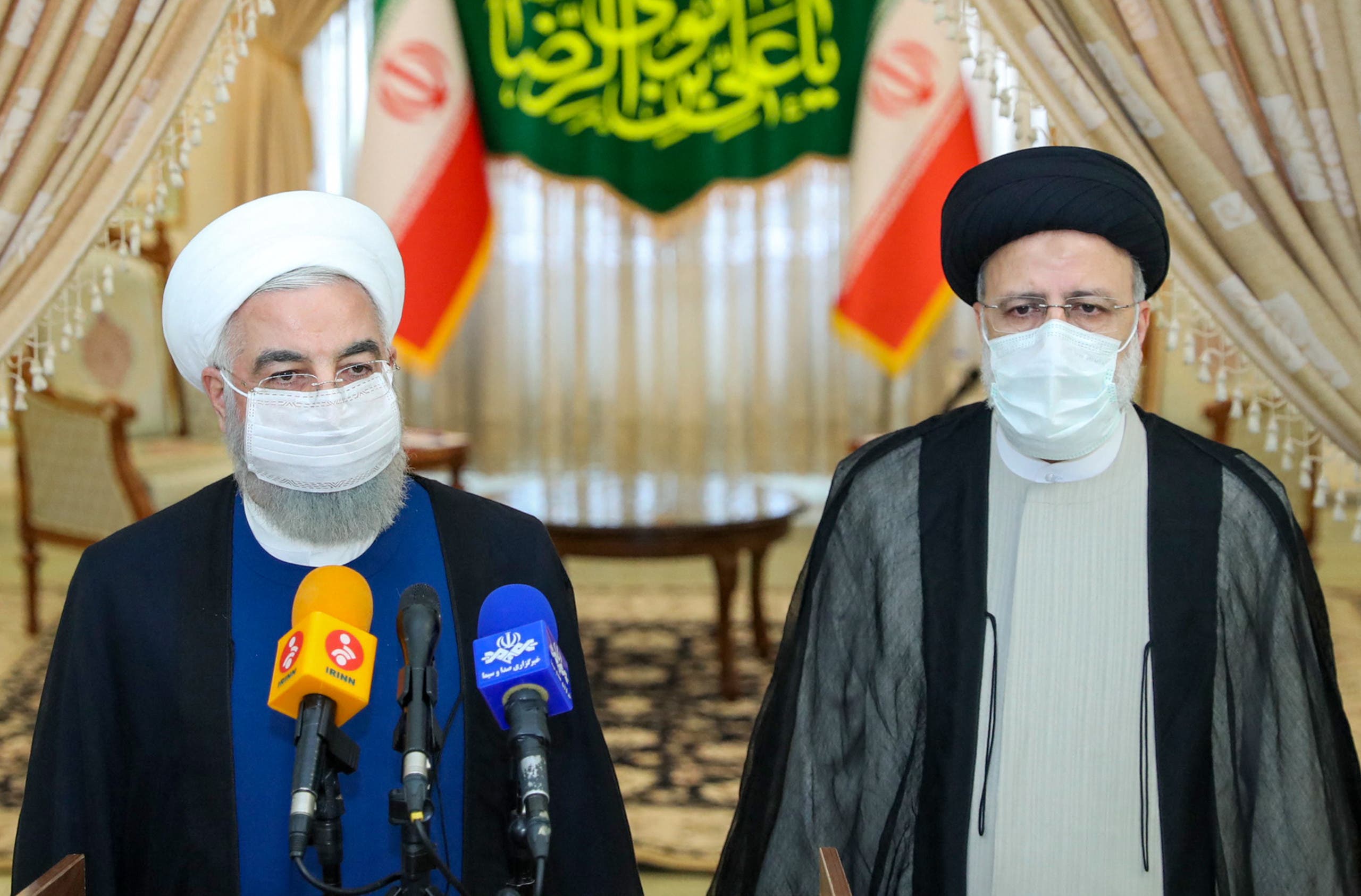
A handout picture provided by the Iranian presidency on June 19, 2021, shows outgoing President Hassan Rouhani (L) taking in part in a press conference with President-elect Ebrahim Raisi (R) during his visit to congratulate the ultraconservative cleric on winning the presidential election. (Reuters)
The Islamic Republic’s core policies “will largely remain the same” with Raisi in office, Jason Brodsky, a senior Middle East analyst at Iran International TV, told Al Arabiya English.
The United States and Iran have engaged in indirect talks in Vienna for months to revive the 2015 nuclear deal that Washington withdrew from under former President Donald Trump in 2018.
Raisi said during a televised presidential debate earlier this month that he is not opposed to the nuclear deal, and Iran’s top nuclear negotiator said Thursday the presidential election would have no impact on the ongoing negotiations in Vienna.
While Raisi is unlikely to obstruct a revival of the deal, having him as president, given his human rights record, could lessen the benefits from having sanctions lifted for Iran, Brodsky said.
“A Raisi presidency may impact the degree to which any sanctions relief under the nuclear deal will be effective in boosting the Iranian economy. This is because despite the sanctions relief, there will remain severe reputational risks for countries and companies who choose to do business with the Islamic Republic,” he said.
“Ebrahim Raisi's bloodstained record won’t exactly be a selling point.”
Domestically, Brodsky said, Raisi will likely “seek to implement the supreme leader’s vision of a resistance economy, focusing more on enhancing local production rather than on attracting foreign investment.”
“An Islamic Republic with Raisi at the helm means the mask has come off. Moreover, it means that Iran has less of a compunction about hiding its spots,” Ben Taleblu said.
Next supreme leader?
Raisi is frequently mentioned as a possible successor to Khamenei and winning the election could boost his chances of becoming Iran’s next supreme leader, analysts say.
The Guardian Council’s decision to disqualify all serious rivals to Raisi from running in the election – a decision the council could not have taken without Khamenei’s approval – added to the speculation that Raisi is being groomed to become the next supreme leader.
“It is too early to definitively say whether Raisi will become supreme leader,” said Brodsky. “But it is safe to assume he is a leading contender. At the very least, if Khamenei were to pass away during his tenure as president, Raisi would be playing a critical role during the transition, including the possibility of serving on an interim leadership council.”
Raisi then ran for president in 2017, losing to Rouhani. But his rise within Iran’s ruling establishment went on uninterrupted. In 2019, Khamenei appointed him head of the judiciary, one of the most senior positions within the Islamic Republic.
During his tenure, the judiciary “has granted blanket impunity to government officials and security forces responsible for unlawfully killing hundreds of men, women and children and subjecting thousands of protesters to mass arrests and at least hundreds to enforced disappearance, and torture and other ill-treatment during and in the aftermath of the nationwide protests of November 2019,” Callamard said.
Under his watch, Iran executed wrestler Navid Afkari in September 2020, and three months later, journalist Ruhollah Zam – two cases that drew international condemnation.
What to expect
Iran’s foreign policy is set by the supreme leader, not the president, and is therefore unlikely to undergo major change with Raisi as president.
“Abroad, Raisi is poised to implement Khamenei’s vision. Raisi himself is no visionary, nor does the Iranian president have the power to deviate from a pre-ordained path,” Ben Taleblu said.

A handout picture provided by the Iranian presidency on June 19, 2021, shows outgoing President Hassan Rouhani (L) taking in part in a press conference with President-elect Ebrahim Raisi (R) during his visit to congratulate the ultraconservative cleric on winning the presidential election. (Reuters)
The Islamic Republic’s core policies “will largely remain the same” with Raisi in office, Jason Brodsky, a senior Middle East analyst at Iran International TV, told Al Arabiya English.
The United States and Iran have engaged in indirect talks in Vienna for months to revive the 2015 nuclear deal that Washington withdrew from under former President Donald Trump in 2018.
Raisi said during a televised presidential debate earlier this month that he is not opposed to the nuclear deal, and Iran’s top nuclear negotiator said Thursday the presidential election would have no impact on the ongoing negotiations in Vienna.
While Raisi is unlikely to obstruct a revival of the deal, having him as president, given his human rights record, could lessen the benefits from having sanctions lifted for Iran, Brodsky said.
“A Raisi presidency may impact the degree to which any sanctions relief under the nuclear deal will be effective in boosting the Iranian economy. This is because despite the sanctions relief, there will remain severe reputational risks for countries and companies who choose to do business with the Islamic Republic,” he said.
“Ebrahim Raisi's bloodstained record won’t exactly be a selling point.”
Domestically, Brodsky said, Raisi will likely “seek to implement the supreme leader’s vision of a resistance economy, focusing more on enhancing local production rather than on attracting foreign investment.”
“An Islamic Republic with Raisi at the helm means the mask has come off. Moreover, it means that Iran has less of a compunction about hiding its spots,” Ben Taleblu said.
Next supreme leader?
Raisi is frequently mentioned as a possible successor to Khamenei and winning the election could boost his chances of becoming Iran’s next supreme leader, analysts say.
The Guardian Council’s decision to disqualify all serious rivals to Raisi from running in the election – a decision the council could not have taken without Khamenei’s approval – added to the speculation that Raisi is being groomed to become the next supreme leader.
“It is too early to definitively say whether Raisi will become supreme leader,” said Brodsky. “But it is safe to assume he is a leading contender. At the very least, if Khamenei were to pass away during his tenure as president, Raisi would be playing a critical role during the transition, including the possibility of serving on an interim leadership council.”
Ultraconservative Ebrahim Raisi succeeds reformist Rouhani as Iran's president
Issued on: 19/06/2021 -

Text by: FRANCE Video by:Douglas HERBERT
Ultraconservative cleric Ebrahim Raisi has been elected Iran's new president with more than 61.95 percent of the vote, Interior Minister Aboldreza Rahmani Fazli announced on Saturday. Voter turnout was estimated at 48.8%, the lowest ever recorded for a presidential election after reformists called for a boycott.
Ultraconservative Ebrahim Raisi unsuccessfully challenged moderate reformist President Hassan Rouhani in the 2017 elections but proved victorious this time, with Rouhani ineligible to run for a third term. Raisi will take over from Rouhani in August.
Raisi is a trusted confidant of Supreme Leader Ayatollah Ali Khamenei, who was one of his seminary instructors. Raisa is not an ayatollah but a Hujjat al-Islam, a lower rank of the Shiite clergy, and is also a sayyid – considered a descendant of the Prophet Mohammed in Shiite Islam. This entitles him to wear the black turban, a distinction among the pious.

04:11
Like the supreme leader, Raisi comes from the holy city of Mashhad in northeast Iran. In 2016 Khamenei appointed him to head the powerful religious foundation Astan Quds Razavi, which manages the shrine of Imam Reza in Mashhad. This major Shiite pilgrimage site attracts billions of euros in donations controlled by Astan Quds Razavi. The foundation, which functions as both a charity and a holding company, owns a multitude of real estate properties, farmland and businesses in fields as diverse as construction, tourism, agriculture and food.
Raisi ran the foundation for three years before Khamenei appointed him to head the Iranian judicial authority in March 2019, tasked with aggressively fighting corruption.
As Khamenei's loyal soldier, Raisi has expanded the number of widely publicised corruption trials, at times targeting state dignitaries and also, on occasion, judges themselves.
These trials have also allowed him to oust political opponents, such as his predecessor at the head of the judiciary, Sadeq Larijani, whose close adviser was embroiled in one of these corruption scandals. Larijani is also the brother of Ali Larijani, whose candidacy for the 2021 presidential election was banned by the Guardian Council.
Raisi fits Khamenei vision of 'young, pious' Iranian govt, says Atlantic Council's Holly Dagres

03:22
Raisi made the fight against corruption one of his central campaign slogans, presenting himself as "the opponent of corruption, inefficiency and aristocracy". He has also promised to fight relentlessly "against poverty".
But Raisi's name causes anxiety among human rights organisations and the Iranian diaspora.
As a member of the judiciary for more than two decades, including as deputy prosecutor of the Tehran revolutionary court in the late 1980s, he served as a judge in a series of political trials in 1988. By the end, hundreds of imprisoned opponents had been executed. Raisa’s critics still reproach him for his role in the executions today, but his past gives him legitimacy in the eyes of Iran’s powerful conservative population.
Successor to the ayatollah?
With Iran still struggling under economic sanctions imposed by the West, Raisi is not expected to advocate opening up the Iranian economy to foreign investors. "Iran under Raisi is most likely to continue to invest in infrastructure, water, electricity and health, with an economy dominated by the foundations he knows well and the Revolutionary Guards (who also own many companies)," said economist and Iran specialist Thierry Coville in an interview earlier this month.
Researchers estimate that these semi-public financial interests currently represent more than 50 percent of the Iranian economy, but the phenomenon remains difficult to quantify because such companies do not have "clear traceability" and operate in a system that protects them.
As for the Iranian nuclear agreement currently being renegotiated, although Raisi strikes a defiant tone towards the West he is not expected to be explicitly opposed to it, according to Coville, who noted that it is the supreme leader "who sets the tone for these negotiations".
Raisi has the support of the hardliners on the morality questions Iran is grappling with. His father-in-law is none other than Ayatollah Ahmad Alamolhoda, the supreme leader's representative in the northeastern province of Khorasan. Known for his austerity, Alamolhoda distinguished himself in 2016 by banning concerts in the city of Mashhad even as musical events had been experiencing a resurgence in other major cities of a modernising Iran.
Raisa has even been considered a likely successor to the supreme leader. He was recently elected vice president of the Assembly of Experts, the body responsible for selecting a new supreme leader in the event of Khamenei's death. And Khamenei, now 82, was himself president of Iran when he was asked to serve as supreme leader in 1989 after the death of Ayatollah Khomeini.
Given Khamenei’s advanced age, a presidential victory could serve as Raisi’s springboard to the position of supreme leader.
This article has been translated from the original in French
Issued on: 19/06/2021 -

Ultra-conservative Ebrahim Raissi was named the winner of the Islamic republic's presidential election on June 18, 2021. © Atta Kenare, AFP
Text by: FRANCE Video by:Douglas HERBERT
Ultraconservative cleric Ebrahim Raisi has been elected Iran's new president with more than 61.95 percent of the vote, Interior Minister Aboldreza Rahmani Fazli announced on Saturday. Voter turnout was estimated at 48.8%, the lowest ever recorded for a presidential election after reformists called for a boycott.
Ultraconservative Ebrahim Raisi unsuccessfully challenged moderate reformist President Hassan Rouhani in the 2017 elections but proved victorious this time, with Rouhani ineligible to run for a third term. Raisi will take over from Rouhani in August.
Raisi is a trusted confidant of Supreme Leader Ayatollah Ali Khamenei, who was one of his seminary instructors. Raisa is not an ayatollah but a Hujjat al-Islam, a lower rank of the Shiite clergy, and is also a sayyid – considered a descendant of the Prophet Mohammed in Shiite Islam. This entitles him to wear the black turban, a distinction among the pious.

04:11
Like the supreme leader, Raisi comes from the holy city of Mashhad in northeast Iran. In 2016 Khamenei appointed him to head the powerful religious foundation Astan Quds Razavi, which manages the shrine of Imam Reza in Mashhad. This major Shiite pilgrimage site attracts billions of euros in donations controlled by Astan Quds Razavi. The foundation, which functions as both a charity and a holding company, owns a multitude of real estate properties, farmland and businesses in fields as diverse as construction, tourism, agriculture and food.
Raisi ran the foundation for three years before Khamenei appointed him to head the Iranian judicial authority in March 2019, tasked with aggressively fighting corruption.
As Khamenei's loyal soldier, Raisi has expanded the number of widely publicised corruption trials, at times targeting state dignitaries and also, on occasion, judges themselves.
These trials have also allowed him to oust political opponents, such as his predecessor at the head of the judiciary, Sadeq Larijani, whose close adviser was embroiled in one of these corruption scandals. Larijani is also the brother of Ali Larijani, whose candidacy for the 2021 presidential election was banned by the Guardian Council.
Raisi fits Khamenei vision of 'young, pious' Iranian govt, says Atlantic Council's Holly Dagres

03:22
Raisi made the fight against corruption one of his central campaign slogans, presenting himself as "the opponent of corruption, inefficiency and aristocracy". He has also promised to fight relentlessly "against poverty".
But Raisi's name causes anxiety among human rights organisations and the Iranian diaspora.
As a member of the judiciary for more than two decades, including as deputy prosecutor of the Tehran revolutionary court in the late 1980s, he served as a judge in a series of political trials in 1988. By the end, hundreds of imprisoned opponents had been executed. Raisa’s critics still reproach him for his role in the executions today, but his past gives him legitimacy in the eyes of Iran’s powerful conservative population.
Successor to the ayatollah?
With Iran still struggling under economic sanctions imposed by the West, Raisi is not expected to advocate opening up the Iranian economy to foreign investors. "Iran under Raisi is most likely to continue to invest in infrastructure, water, electricity and health, with an economy dominated by the foundations he knows well and the Revolutionary Guards (who also own many companies)," said economist and Iran specialist Thierry Coville in an interview earlier this month.
Researchers estimate that these semi-public financial interests currently represent more than 50 percent of the Iranian economy, but the phenomenon remains difficult to quantify because such companies do not have "clear traceability" and operate in a system that protects them.
As for the Iranian nuclear agreement currently being renegotiated, although Raisi strikes a defiant tone towards the West he is not expected to be explicitly opposed to it, according to Coville, who noted that it is the supreme leader "who sets the tone for these negotiations".
Raisi has the support of the hardliners on the morality questions Iran is grappling with. His father-in-law is none other than Ayatollah Ahmad Alamolhoda, the supreme leader's representative in the northeastern province of Khorasan. Known for his austerity, Alamolhoda distinguished himself in 2016 by banning concerts in the city of Mashhad even as musical events had been experiencing a resurgence in other major cities of a modernising Iran.
Raisa has even been considered a likely successor to the supreme leader. He was recently elected vice president of the Assembly of Experts, the body responsible for selecting a new supreme leader in the event of Khamenei's death. And Khamenei, now 82, was himself president of Iran when he was asked to serve as supreme leader in 1989 after the death of Ayatollah Khomeini.
Given Khamenei’s advanced age, a presidential victory could serve as Raisi’s springboard to the position of supreme leader.
This article has been translated from the original in French
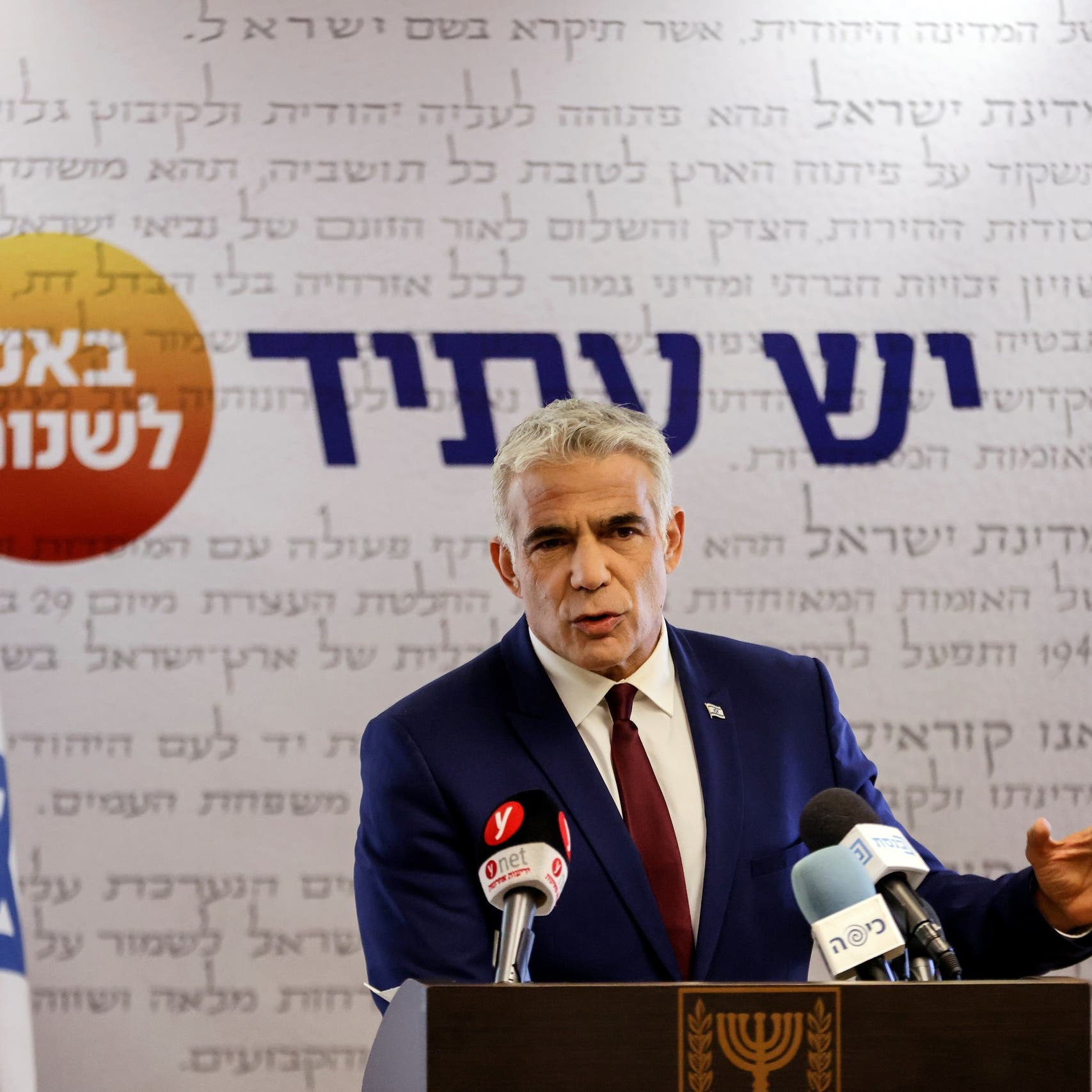
No comments:
Post a Comment